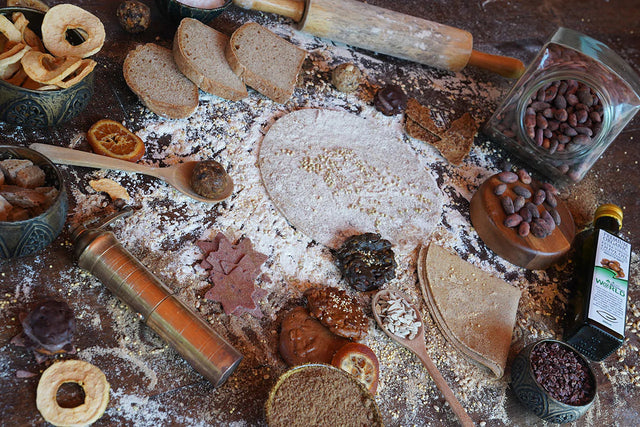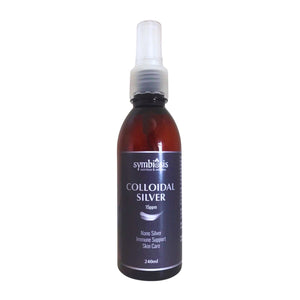Organic/Bio | Spelt Grains
One of the oldest cultivated grains in human history, spelt offers a mildly nutty, slightly sweet flavor with a satisfying chewy texture. Easier to digest than modern wheat, making it a preferred choice for many.
Key Features
- 100% Organic, plant-based whole grain
- Versatile: use in soups, salads, baking, or as a rice alternative
- Rich in fiber, protein, and minerals
Nutritional Facts (per 100g)
- Calories: 338 kcal
- Protein: 14g
- Carbohydrates: 70g
- Fat: 2.5g
Suggested Serving: ½ cup (100g)




